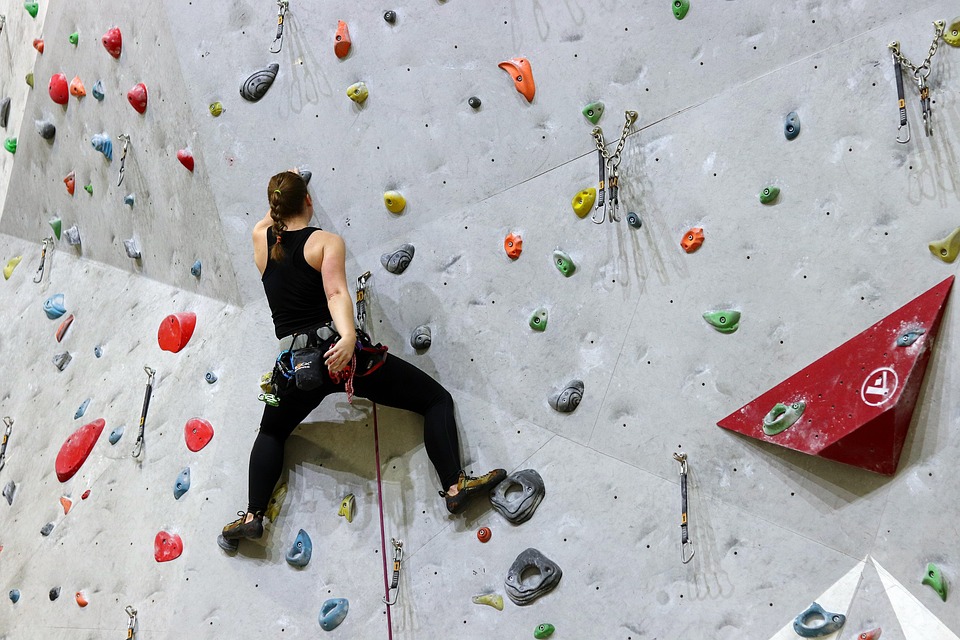Creating a Culture of High Performance: Tips for Building a Successful Team
Introduction
Building a high-performance team is essential for any organization that wants to achieve success and outperform its competition. A team that is motivated, engaged, and committed to achieving excellence is more likely to achieve its goals and drive results. In this article, we will explore some key tips for creating a culture of high performance within your team.
Define Clear Goals and Expectations
One of the first steps in building a successful team is to define clear goals and expectations. This involves setting specific, measurable, achievable, relevant, and time-bound (SMART) goals for the team to work towards. By clearly articulating what is expected of team members and outlining the objectives they are working towards, you can create a sense of purpose and direction that will motivate team members to perform at their best.
Provide Regular Feedback
Feedback is essential for driving performance and improvement within a team. Providing regular feedback helps team members understand how they are performing relative to their goals and expectations and allows them to make necessary adjustments to improve their performance. It is important to provide both positive and constructive feedback in a timely manner to keep team members motivated and engaged.
Foster Collaboration and Communication
Building a successful team requires fostering a culture of collaboration and open communication. Encouraging team members to work together, share ideas, and communicate openly helps build trust and camaraderie within the team. When team members feel comfortable sharing their thoughts and ideas with one another, they are more likely to collaborate effectively and work towards common goals.
Develop a Sense of Belonging
Creating a sense of belonging within the team is essential for driving high performance. When team members feel like they are part of a cohesive unit that values their contributions and supports their growth, they are more likely to be engaged and committed to achieving success. As a leader, it is important to create opportunities for team members to connect with one another, build relationships, and develop a sense of camaraderie.
Encourage Innovation and Risk-Taking
High-performance teams are often characterized by their ability to innovate and take calculated risks. Encouraging team members to think creatively, challenge the status quo, and experiment with new ideas can help drive innovation within the team and lead to breakthrough results. It is important to create a supportive environment where team members feel empowered to take risks and learn from their mistakes.
Provide Opportunities for Growth and Development
Investing in the growth and development of your team members is essential for building a high-performance team. Providing opportunities for training, development, and career advancement shows team members that you are committed to their success and helps them develop the skills and capabilities needed to perform at their best. By investing in their growth, you can build a team of motivated, skilled, and high-performing individuals.
Lead by Example
As a leader, you play a critical role in shaping the culture of your team and setting the tone for performance and success. Leading by example means demonstrating the behaviors and values that you expect from your team members, such as accountability, integrity, and teamwork. By modeling these behaviors in your own actions and decisions, you can inspire your team members to follow suit and create a culture of high performance.
Celebrate Achievements and Recognize Contributions
Celebrating achievements and recognizing the contributions of team members is essential for fostering a culture of high performance. Acknowledging the hard work and dedication of individual team members, as well as the collective accomplishments of the team, helps boost morale, motivation, and engagement. Recognizing and rewarding outstanding performance can also help reinforce desired behaviors and drive continued success.
Conclusion
Building a culture of high performance within your team requires a combination of defining clear goals, fostering collaboration, encouraging innovation, and leading by example. By implementing these tips and strategies, you can create a team that is motivated, engaged, and committed to achieving excellence. Investing in the growth and development of your team members, providing opportunities for feedback and communication, and celebrating achievements are key steps in building a successful team that can outperform its competition. By building a culture of high performance, you can drive results, achieve success, and build a team that is capable of overcoming any challenge.
